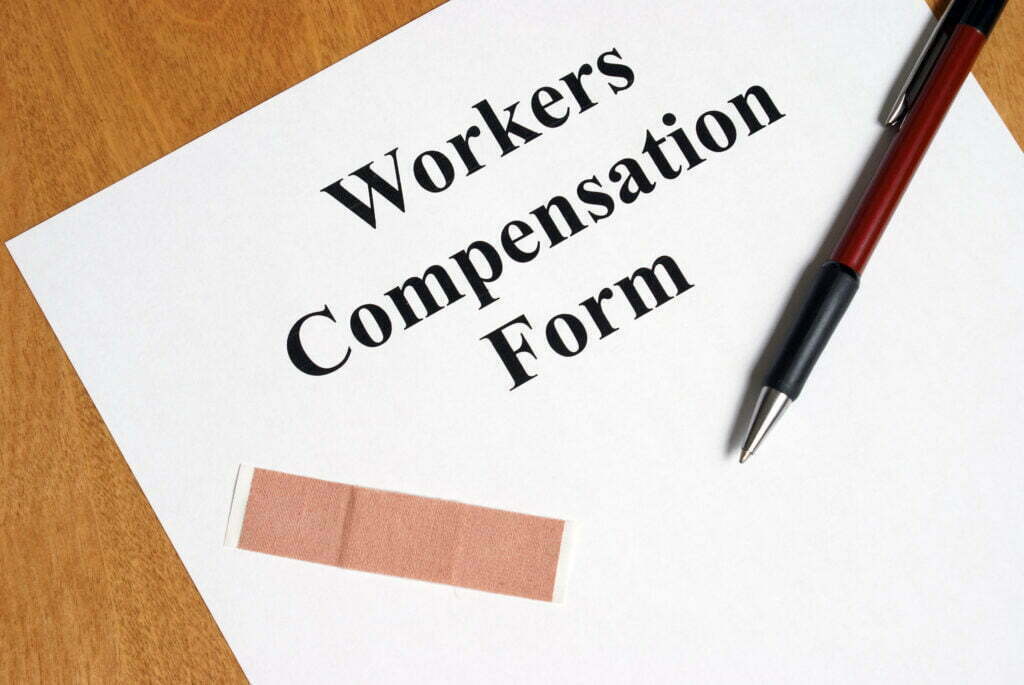
When it comes to workman’s comp cases, it’s important to know who all of the players are. If you’ve been injured at work, then there’s no doubt that you’ve probably heard of the North Carolina Industrial Commission (often abbreviated to NCIC or sometimes just IC). The NCIC is the government agency that’s in charge of handling all workers’ comp claims — and they’ll be playing a big role in your case.

How does N.C.I. C. work?
The North Carolina Industrial Commission (NCIC) was created by the General Assembly in 1929 as part of the state’s new Workers’ Compensation Act. Its purpose is to administer North Carolina’s workers’ compensation system.
In addition to administering benefits for injured employees, the NCIC also handles employer liability issues, such as whether an employer has violated the law.
To do this, the NCIC investigates complaints from employees about their employers and determines if any violations have occurred. If so, the NCIC may issue fines against the employer.
How does N.C.I. C. affect my case?

When someone gets hurt on the job, he or she can file a claim with the NCIC. This means that the worker files a formal complaint with the NCIC, claiming that his or her injury was caused by another party’s negligence. Once the worker files a claim, the NCIC will investigate the incident and determine whether the employee should receive workers’ compensation benefits.
If the NCIC decides that the worker deserves benefits, the NCIC will pay him or her a weekly benefit amount based on how much the worker lost due to his or her injuries. These payments are called “compensation benefits.”
In some cases, however, the NCIC may decide not to award benefits. For example, the NCIC may find that the employer wasn’t negligent or that the worker didn’t suffer an injury that would entitle him or her to benefits. In these situations, the NCIC won’t designate any payments to the worker.
What if there is a dispute on my claim?

A lot of people don’t realize this, but workers’ comp claims do not go to court. If you’re dealing with a workman’s comp case you will never see a judge or jury. So what happens if there is a dispute about your claim?
In this instance, your case will be heard by a Deputy Commissioner employed by the NCIC. The Deputy Commissioner is like a judge. They will listen to both sides of the story, consider all of the evidence such as doctors’ testimonies, and will ultimately file a final decision. This decision is called an Opinion and Award.
Whoever doesn’t win the Opinion and Award has the option to file an appeal to the Full Commission. The Full Commission is made up of a panel of three Commissioners. They will reconsider all of the evidence which will be presented to them by the Deputy Commissioner who originally heard your case.
During this time the attorney for each side gets 20 minutes to tell the Full Commission what they should be looking at. The Full Commission also has the opportunity to ask questions. Once they come to a clear decision, they can determine the outcome of the case.









